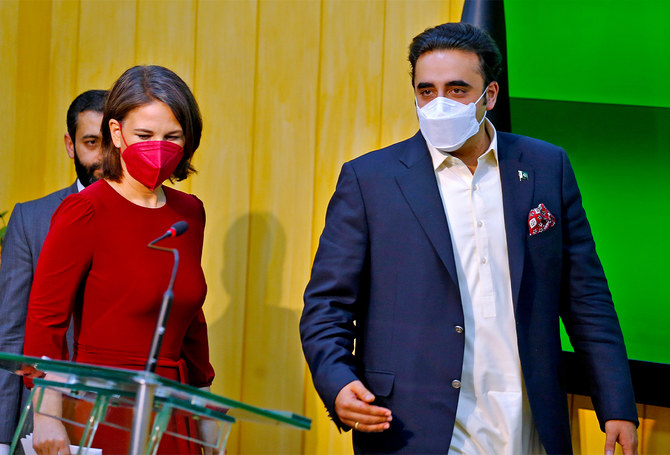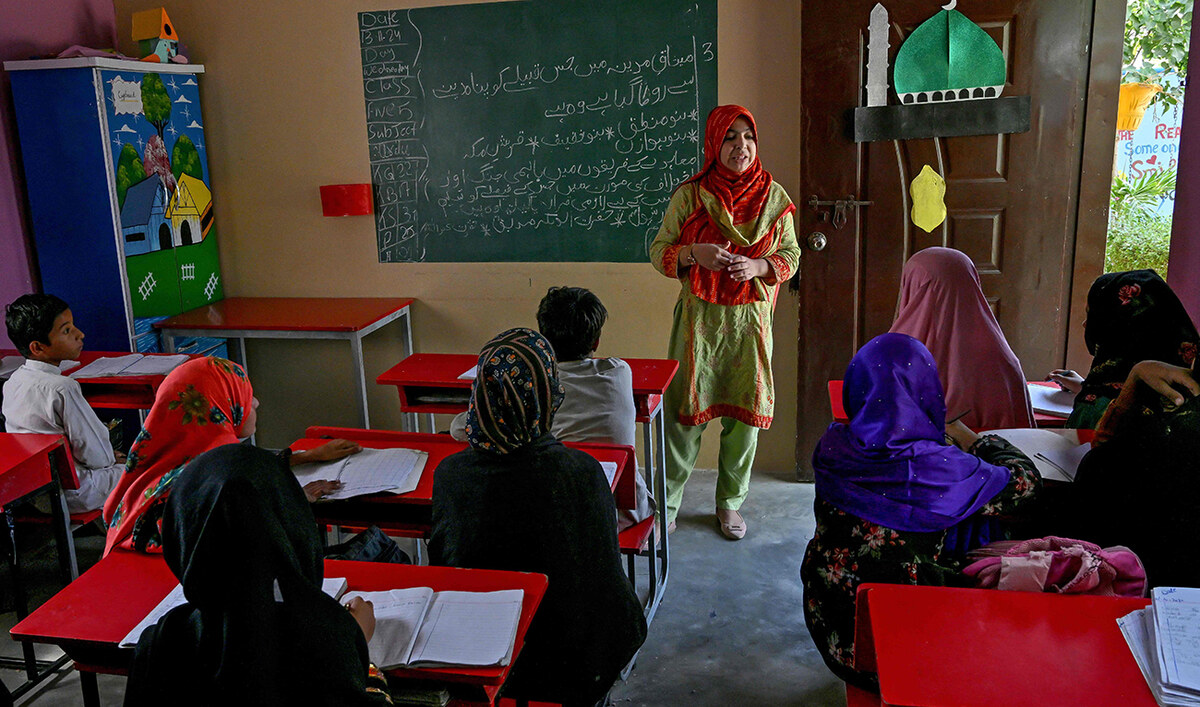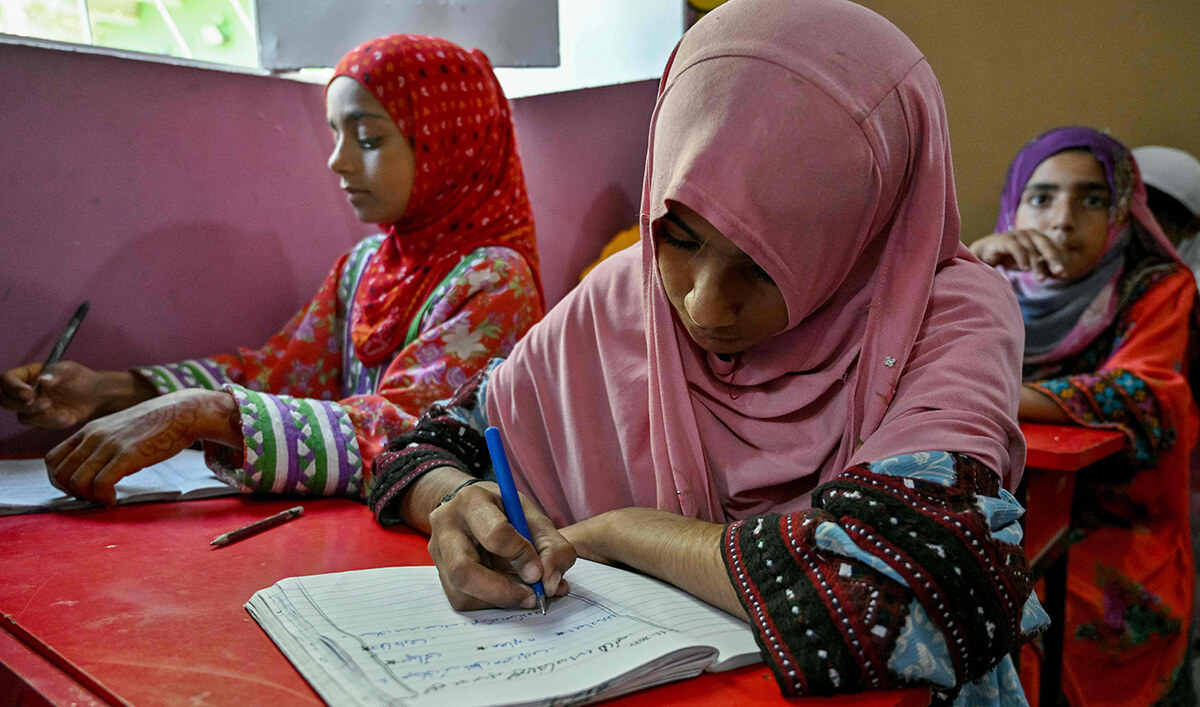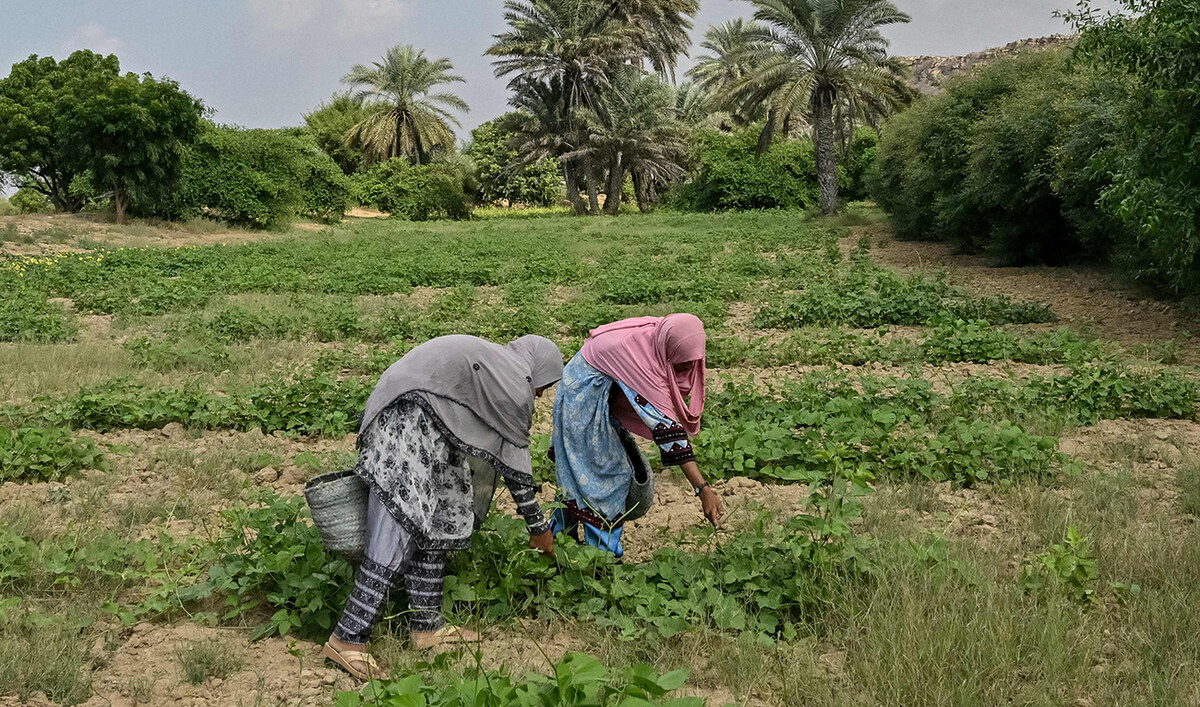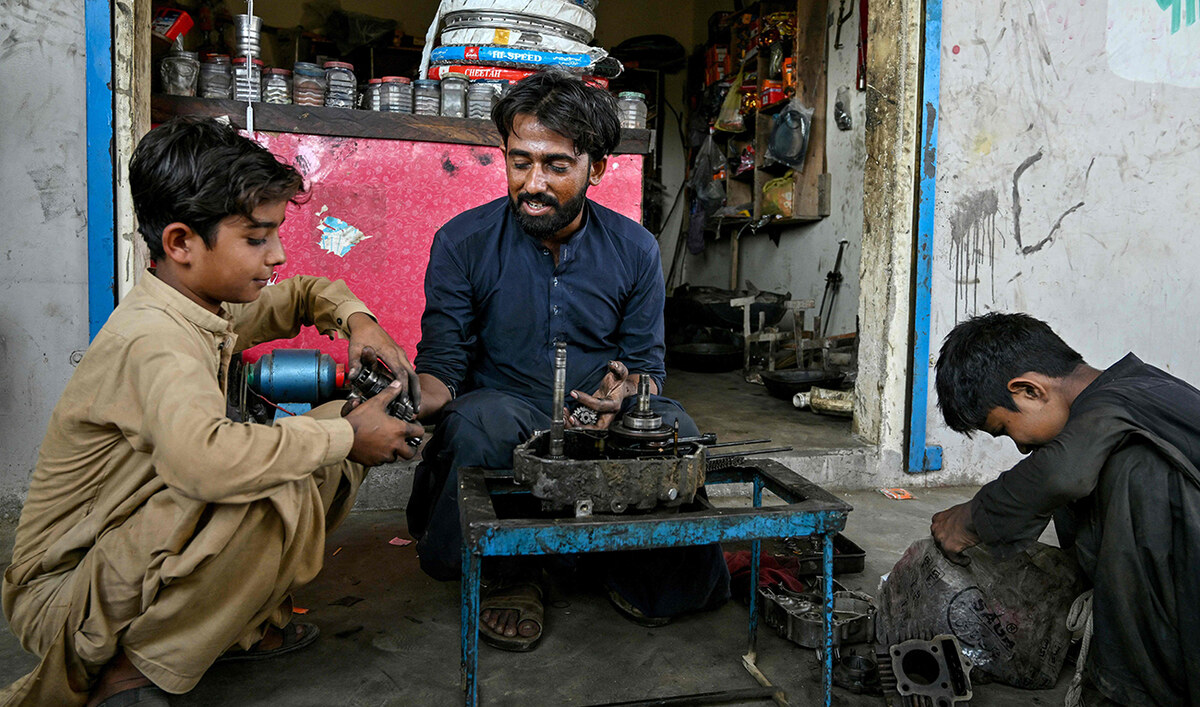ISLAMABAD: German Foreign Minister Annalena Baerbock has canceled her remaining engagements on her first visit to Pakistan after testing positive for coronavirus, an official of the German embassy in Islamabad said on Tuesday.
Baerbock, who arrived in Pakistan on Tuesday, has canceled all further dates of the trip, which also included stops in Greece and Turkey.
In Islamabad, she met with her Pakistani counterpart Bilawal Bhutto-Zardari, attended delegation-level talks between the two sides and later addressed a joint press briefing.
“Foreign minister Baerbock tested COVID-19-positive this afternoon and has canceled all the remaining meetings,” the German embassy official told Arab News.
It was not yet certain when she would return to Germany, the official added.
Pakistani Foreign Minister Bhutto-Zardari wished his German counterpart a quick recovery and good health.
“Learned that @ABaerbock has tested positive for Covid. I wish her a quick recovery and good health,” Bhutto-Zardari said on Twitter.
“Building on our excellent talks today, I look forward to our continued engagement and future interactions to further solidify the Pakistan-Germany partnership.”
Speaking at the joint press briefing with her Pakistani counterpart, Baerbock urged the world to give a clear message to the Taliban that Afghanistan under their rule was heading in the “wrong direction.”
“When we look across the border, the situation is dire and the Taliban are leading the country to a downfall. The international community must stand united and tell the Taliban loud and clear that you are heading in the wrong direction,” she said.
“And as long as they go down this path, there is no room for normalization and even recognition of Taliban as legitimate rulers.”
The German foreign minister lauded Pakistan’s role in peace and stability in Afghanistan, saying Islamabad had shown a big heart by providing shelter and support to Afghan refugees.
“It was an enormous task and Germany remained committed to continuing its support to the Afghan refugees in Pakistan,” she added.
About the Pakistan-Germany ties, she said both countries had excellent relations and there were immense scope and opportunities for bilateral trade and investment, especially in the energy sector.
Baerbock said both countries had prioritized their efforts to combat climate change-related crisis as the time for the world community was running out and required immediate global action.
Bhutto-Zardari said Germany was the fifth largest export destination for Pakistani products in the world and the largest trading partner within the European Union.
“Last year, Pakistan’s exports to Germany stood at 2.5 billion dollars, while imports from Germany were 1.3 billion dollars,” he said.
“Pakistan is keen that its GSP+ status should be extended so that our businesses and economy could take benefits.”
Pakistan’s GSP+ status is set to expire on December 31, 2023. More than 78 percent of the country’s exports enter the EU at preferential rates under the scheme that helps its exporters enjoy zero percent duty on several products.
The Pakistani foreign minister said his country helped evacuate 90,000 people from Afghanistan, who belonged to 24 different countries. Islamabad would continue its support to the international community in this regard, he added.
“I have assured the foreign minister of Pakistan’s continued support to foreign governments and international organizations engaged in the evacuation of their personnel from Afghanistan,” he said.
Referring to the Russia-Ukraine conflict, Bhutto-Zardari said Pakistan had a clear and firm position on it, and the South Asian nation should not be dragged into any conflict.
“Pakistan is a small and developing country, but it always advocated that international laws should be adhered to and all world conflicts should be resolved through peaceful means,” he said.
Earlier in the day, Bhutto-Zardari and Baerbock led delegation-level talks between the two countries. Both sides had an extensive exchange of views on various aspects of bilateral relations, with a special focus on enhancing cooperation in trade and investment, climate change, and renewable energy, the Pakistani foreign office said.


